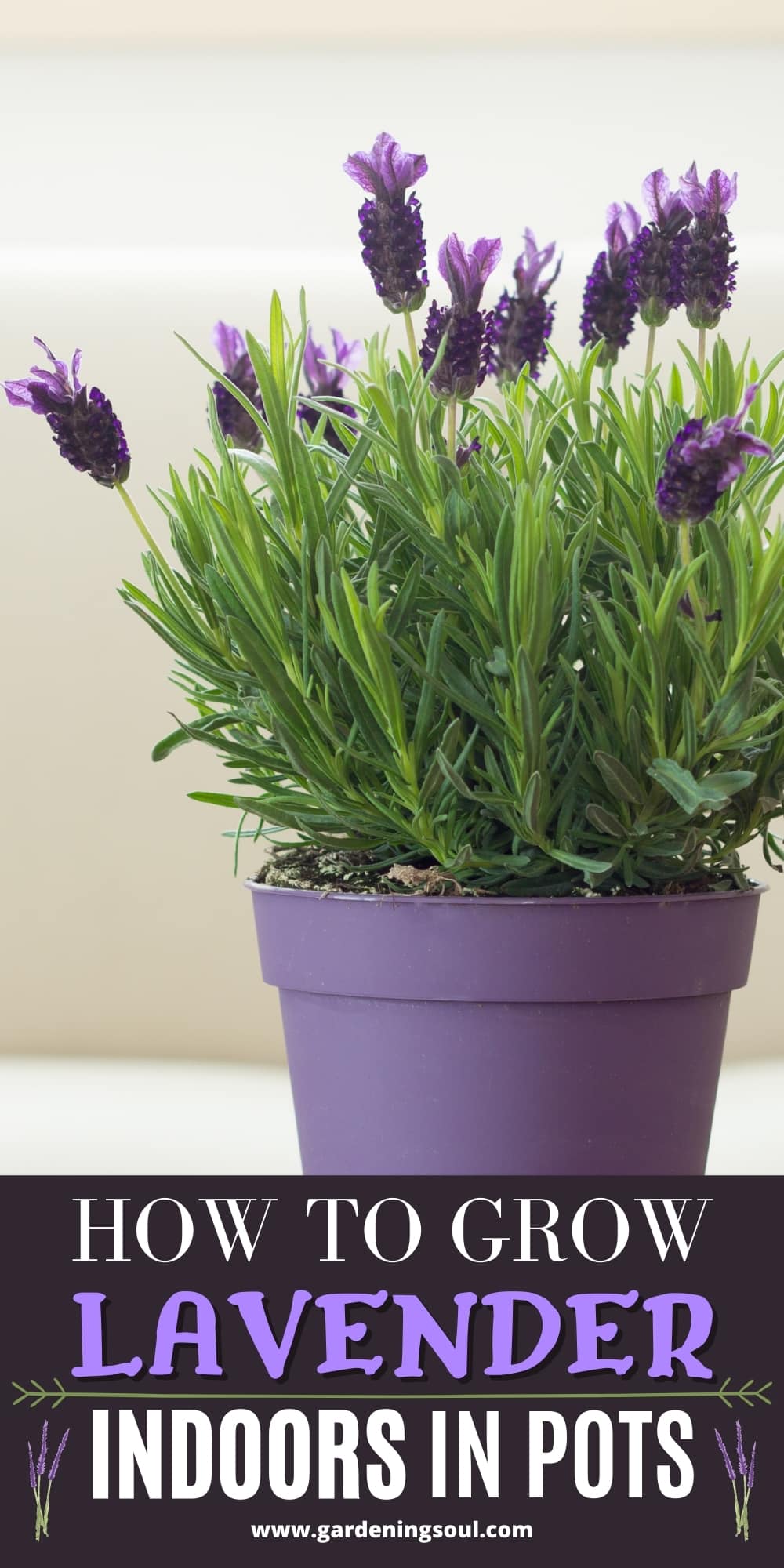In today's fast-paced world, the concept of "Who is your lavender" has become increasingly popular, capturing the imagination of many. This phrase, though seemingly simple, carries deep meanings and interpretations that vary depending on cultural, historical, and personal contexts. Lavender itself, as a symbol, represents beauty, serenity, and even love in some narratives, making it a fascinating subject to explore.
As we delve deeper into understanding the essence of lavender, we must acknowledge its historical significance and how it has evolved over time. From ancient civilizations to modern-day applications, lavender continues to inspire and influence various aspects of our lives. This article aims to uncover the layers of meaning behind "Who is your lavender" and provide insights into why it resonates so deeply with people today.
Whether you're here to explore the metaphorical significance of lavender in relationships, its role in aromatherapy, or its cultural impact, this article will guide you through a comprehensive journey. By the end, you'll have a clearer understanding of what "Who is your lavender" truly means and how it applies to your life.
Read also:Whitman College Womens Soccer A Comprehensive Guide To Excellence
Table of Contents
- Biography of Lavender
- Historical Significance of Lavender
- Cultural Impact of Lavender
- Lavender in Relationships
- Lavender in Aromatherapy
- Health Benefits of Lavender
- Different Varieties of Lavender
- Lavender in Literature
- Lavender in Modern Life
- Conclusion
Biography of Lavender
What Defines Lavender?
Lavender, scientifically known as Lavandula, is a flowering plant native to the Mediterranean region. It has been cherished for centuries for its aromatic qualities and medicinal properties. The name "lavender" is derived from the Latin word "lavare," meaning "to wash," due to its historical use in bathing and cleansing rituals.
Beyond its physical attributes, lavender holds symbolic meanings in various cultures. In ancient Greece and Rome, it was believed to have purifying and healing powers. Today, lavender continues to be a popular choice for its calming effects and aesthetic appeal.
| Scientific Name | Lavandula |
|---|---|
| Origin | Mediterranean Region |
| Common Uses | Aromatherapy, Medicinal, Decorative |
| Symbolic Meaning | Purity, Serenity, Love |
Historical Significance of Lavender
The history of lavender dates back thousands of years, with evidence of its use found in ancient Egypt, Greece, and Rome. Egyptians used lavender as part of their mummification process, while Romans incorporated it into their baths for its refreshing scent.
In medieval Europe, lavender was considered a symbol of love and fidelity. It was often given as a gift to express affection and was believed to ward off evil spirits. This rich history contributes to lavender's enduring popularity today.
Cultural Impact of Lavender
How Lavender Shapes Cultures
Lavender's influence extends beyond its historical roots, playing a significant role in shaping modern cultures. In France, lavender fields are a tourist attraction, drawing visitors from around the world. The purple hue of lavender flowers has also inspired art, fashion, and interior design trends.
Culturally, lavender is associated with tranquility and peace, making it a favorite in wellness practices. Its soothing aroma is often used in meditation and relaxation techniques, further cementing its place in contemporary lifestyles.
Read also:Infinity Eye Care Katy Your Ultimate Guide To Exceptional Vision Health
Lavender in Relationships
When we ask "Who is your lavender," we often refer to someone who brings calm and serenity into our lives. In relationships, lavender can symbolize a partner who provides emotional support and understanding. Its gentle nature makes it an ideal metaphor for nurturing connections.
- Represents emotional stability
- Symbolizes trust and loyalty
- Encourages open communication
Lavender in Aromatherapy
Aromatherapy enthusiasts widely recognize lavender for its therapeutic benefits. The essential oil extracted from lavender flowers is known for its calming effects, helping reduce stress and anxiety. Studies have shown that inhaling lavender oil can improve sleep quality and promote relaxation.
According to a study published in the Journal of Alternative and Complementary Medicine, lavender oil can significantly lower cortisol levels, which are associated with stress. This makes lavender an essential component in many wellness routines.
Health Benefits of Lavender
Scientifically Backed Benefits
Beyond its aromatic qualities, lavender offers numerous health benefits. It is known to alleviate headaches, reduce inflammation, and even improve digestion. These benefits are supported by scientific research, adding credibility to lavender's medicinal properties.
For instance, a study conducted by the Journal of Medical and Biological Sciences found that lavender oil can effectively treat mild to moderate anxiety disorders. This highlights lavender's potential as a natural remedy for mental health issues.
Different Varieties of Lavender
There are several varieties of lavender, each with unique characteristics and uses. English lavender (Lavandula angustifolia) is the most common type, known for its sweet fragrance and versatility. French lavender (Lavandula stoechas) features distinctive flower spikes and is often used in culinary applications.
- English Lavender: Sweet fragrance, ideal for aromatherapy
- French Lavender: Unique flower spikes, used in cooking
- Spike Lavender: Strong scent, often used in perfumery
Lavender in Literature
Lavender has inspired countless writers and poets throughout history. Its symbolic meanings have been woven into literary works, adding depth and emotion to narratives. In Shakespeare's "Othello," lavender is mentioned as a symbol of love and devotion.
Modern literature continues to explore the theme of lavender, often using it as a metaphor for tranquility and inner peace. This literary connection reinforces lavender's timeless appeal and cultural significance.
Lavender in Modern Life
Adapting Lavender to Contemporary Needs
In today's fast-paced world, lavender remains relevant, adapting to modern needs and preferences. It is widely used in skincare products, candles, and home decor, bringing a touch of nature into urban living spaces. Lavender's versatility makes it a popular choice for enhancing everyday experiences.
With the rise of wellness trends, lavender has become a staple in mindfulness practices. Its ability to promote relaxation and reduce stress aligns perfectly with the demands of modern life, making it an invaluable resource for maintaining balance and harmony.
Conclusion
Exploring the concept of "Who is your lavender" reveals a rich tapestry of meanings and applications. From its historical roots to its modern-day uses, lavender continues to captivate and inspire. Whether you seek its calming effects, symbolic significance, or cultural impact, lavender offers something for everyone.
We encourage you to incorporate lavender into your life, whether through aromatherapy, decorative elements, or as a metaphor for meaningful relationships. Share your thoughts and experiences in the comments below, and don't forget to explore other articles on our site for more insights into the world of lavender.
Thank you for reading, and may your journey with lavender be as enlightening as it is serene.


